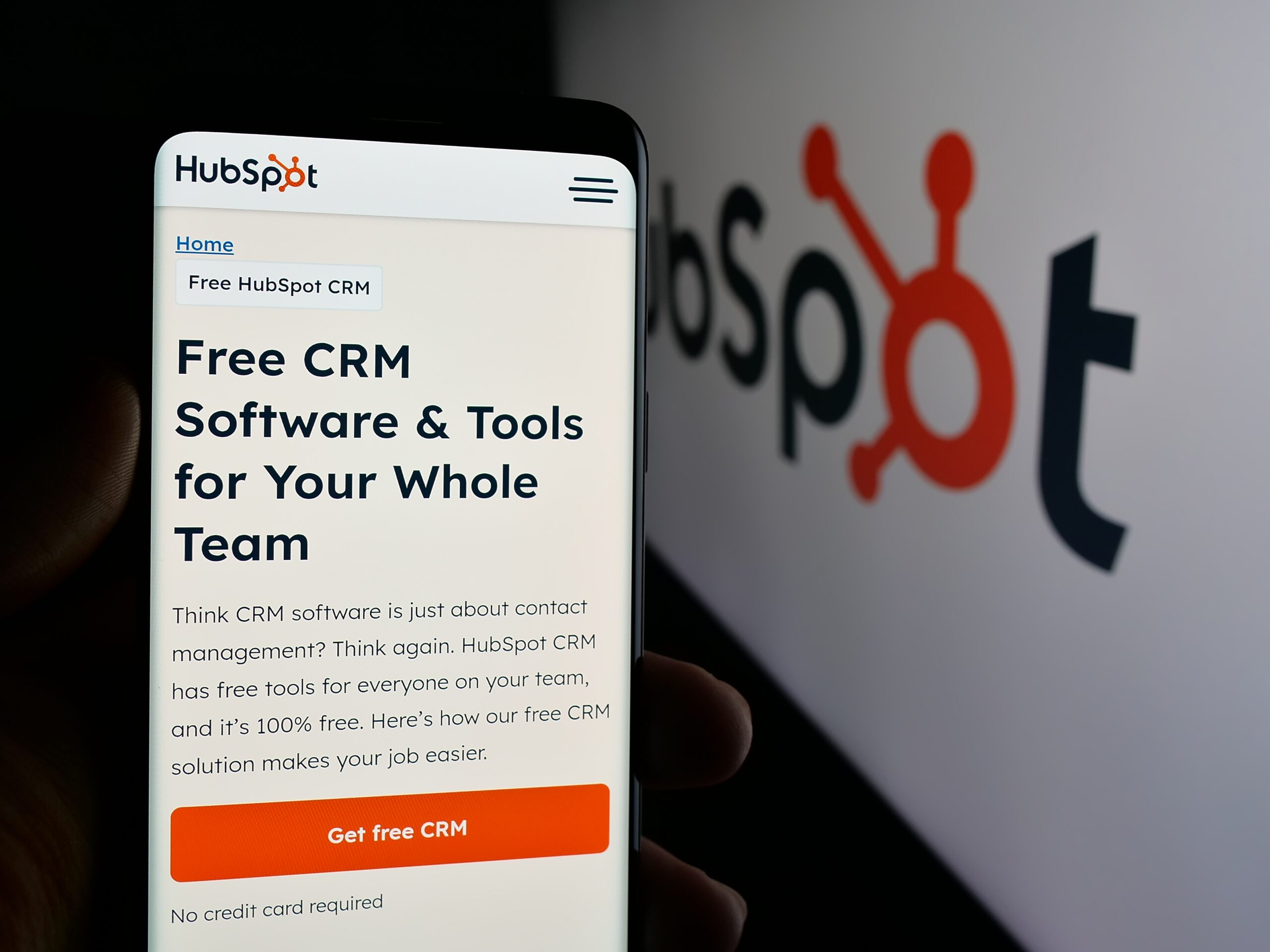If you want your marketing team to work smarter, not harder, implementing a Customer Relationship Management (CRM) system is one of the best moves you can make. A good CRM not only streamlines how your team manages leads — it also opens up new opportunities for smarter campaigns, better customer experiences, and higher ROI.
Here are six powerful ways a CRM can help your marketing team succeed — and why we often recommend HubSpot as one of the best platforms for growing businesses.
1. Centralizes Customer Data for Smarter Campaigns
A CRM gives your marketing team a single source of truth about your leads, prospects, and customers. Instead of scattered spreadsheets, disconnected email lists, or guesswork, your team can access detailed customer profiles in one place.
With insights like past interactions, purchase history, and engagement patterns, your team can create more personalized, relevant campaigns — the kind that customers are far more likely to respond to.
2. Improves Lead Management and Nurturing
Not every lead is ready to buy right away. A CRM helps your team categorize leads based on where they are in the buying journey, making it easier to deliver the right message at the right time.
Using automation tools (like those built into HubSpot), you can set up nurturing workflows that keep leads engaged, build trust over time, and gently guide them toward a purchase — without overwhelming your team.
3. Provides Better Alignment Between Marketing and Sales
One of the biggest challenges growing businesses face is misalignment between marketing and sales teams. Marketing generates leads, but sales sometimes feels those leads aren’t “ready” or “qualified.”
A CRM bridges that gap. It provides clear visibility into lead quality, buying intent, and engagement history — giving both teams shared information to work from. When marketing and sales are aligned, conversion rates go up — and frustration goes down.
4. Tracks Key Metrics and Proves ROI
Marketing leaders are under more pressure than ever to show real results. A CRM makes it easier to track critical KPIs like:
- Lead conversion rates
- Customer acquisition costs (CAC)
- Campaign performance
- Revenue generated from marketing efforts
With a platform like HubSpot, you can build dashboards that make it simple to measure what’s working (and what’s not), giving your team the data needed to refine strategies and maximize impact.
5. Personalizes Customer Experiences at Scale
Today’s customers expect personalization — but delivering it manually is impossible as your business grows. A CRM allows your marketing team to segment audiences based on behavior, preferences, demographics, and past interactions.
That means you can send more targeted emails, deliver tailored content offers, and create ad campaigns that feel relevant and personal — all without having to touch every interaction manually.
6. Automates Repetitive Tasks and Saves Time
From email follow-ups to lead assignment to reporting, CRMs help automate many time-consuming tasks. This frees up your marketing team to focus on higher-value work — like strategy, creative campaigns, and customer engagement.
With automation tools like HubSpot’s workflows, you can streamline processes without sacrificing the human touch that makes your brand stand out.
Why We Recommend HubSpot
There are a lot of CRM options out there, but at MaxCMO, we often recommend HubSpot for marketing-driven businesses. It’s user-friendly, powerful, and offers robust marketing, sales, and service tools all in one place. Whether you’re just getting started with a CRM or scaling up, HubSpot provides the flexibility and support growing teams need.
Plus, its automation and reporting tools make it easier to tie marketing activities directly to revenue — a must for any marketing leader focused on growth.
Ready to Maximize Your Marketing with a CRM?
Implementing the right CRM can be a game-changer for your marketing team’s efficiency, effectiveness, and impact. If you’re ready to strengthen your marketing systems and drive better results, contact MaxCMO today — we can help you choose the right CRM and build a strategy that works.


